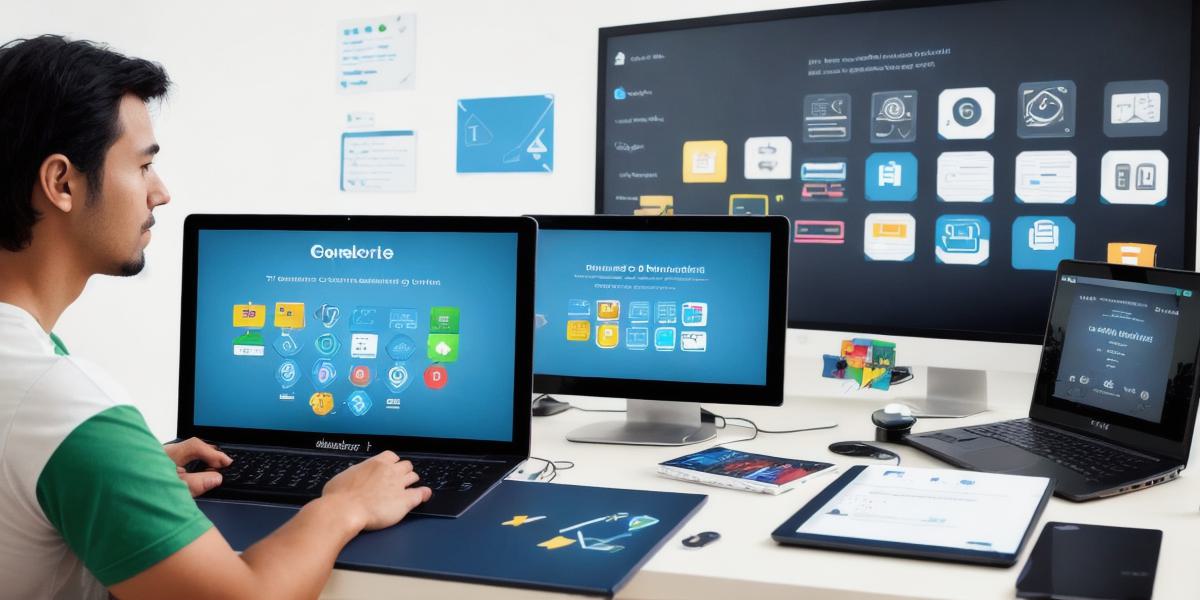Mobile games have gained immense popularity in recent years, offering users a convenient and engaging way to pass their free time. Beyond mere entertainment, these digital creations can significantly contribute to brain development, particularly among children and adolescents. As mobile game developers, understanding the cognitive benefits of your creations is essential. In this text, we will explore various aspects of how mobile games foster brain development.
1. Enhancing Attention and Focus

One of the primary ways mobile games contribute to brain development is by improving attention and focus. Fast-paced games like puzzle solvers and action-adventure titles require players to pay close attention to their surroundings, reacting swiftly to changing circumstances. This heightened focus not only benefits gameplay but also helps children develop essential cognitive skills needed for academic success.
2. Problem Solving and Strategic Thinking
Mobile games offer an abundance of opportunities for problem solving and strategic thinking. In many titles, players must navigate complex situations, using logic and reasoning to progress. These mental gymnastics not only engage the brain but also help strengthen neural connections, ultimately leading to improved cognitive function.
3. Encouraging Creativity and Imagination
Mobile games can be incredibly imaginative experiences, transporting players to fantastical worlds filled with wonder. Role-playing titles, sandbox games, and educational apps, for example, encourage creativity and exploration. Such experiences help children develop their imagination and expand their knowledge base, contributing to overall brain development.

4. Building Memory Skills
Memory is a crucial aspect of brain function. Mobile games can aid in memory development by requiring players to remember complex sequences or patterns. For instance, platformers and rhythm games demand users to memorize specific button combinations to advance, while hidden object games task players with locating and remembering the position of various items.
5. Simulating Real-World Experiences
Many educational mobile games simulate real-world experiences, allowing learners to explore new concepts in a safe and interactive environment. These simulations can be particularly beneficial for children who may struggle with traditional classroom settings or require additional academic support. By offering accessible and engaging learning opportunities, mobile games can help bridge the gap between theory and practical application, contributing significantly to brain development.
6. Social Interaction and Collaboration
Multiplayer mobile games promote social interaction and collaboration, helping children develop essential communication and teamwork skills. These experiences can also foster a sense of community and belonging among players, ultimately contributing to emotional intelligence and overall cognitive growth.
In conclusion, mobile games offer a wealth of opportunities for brain development, enhancing attention and focus, problem-solving abilities, creativity, memory, and social interaction. As developers, it is essential to recognize the potential of your creations and strive to design engaging experiences that provide both entertainment and cognitive benefits. By prioritizing brain development in your mobile games, you can contribute positively to users’ lives and leave a lasting impact on future generations.
